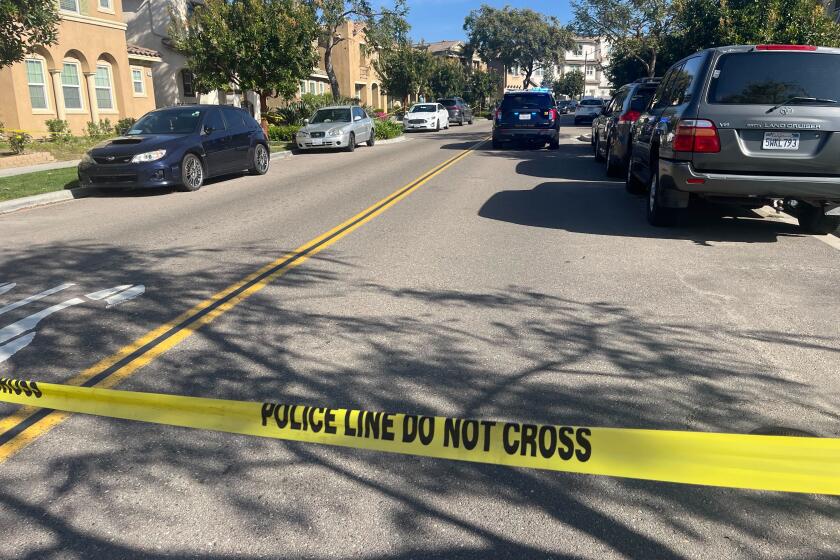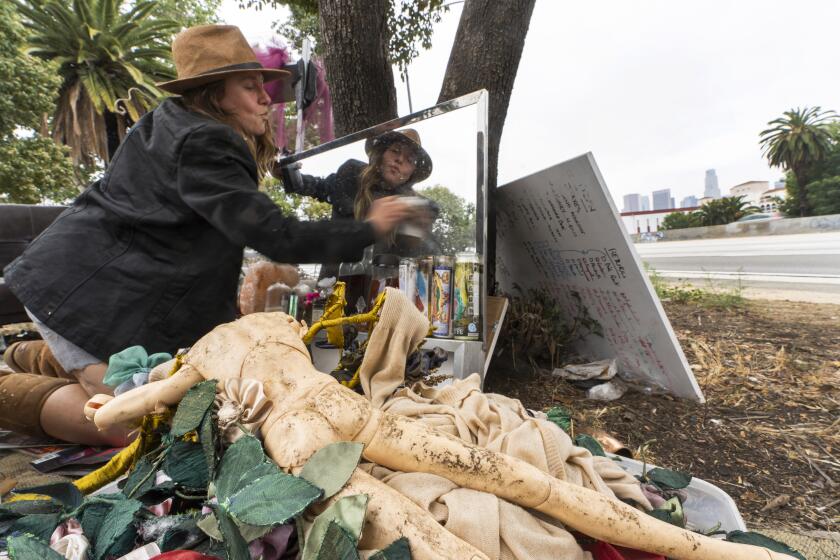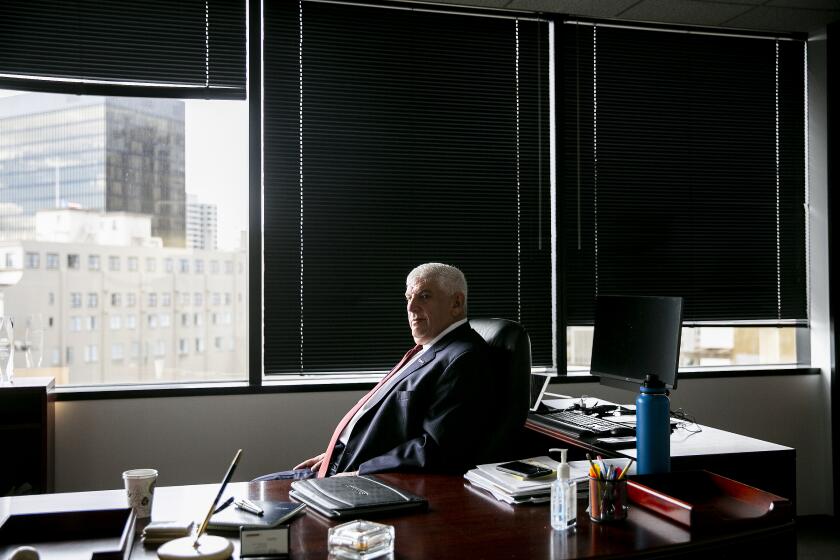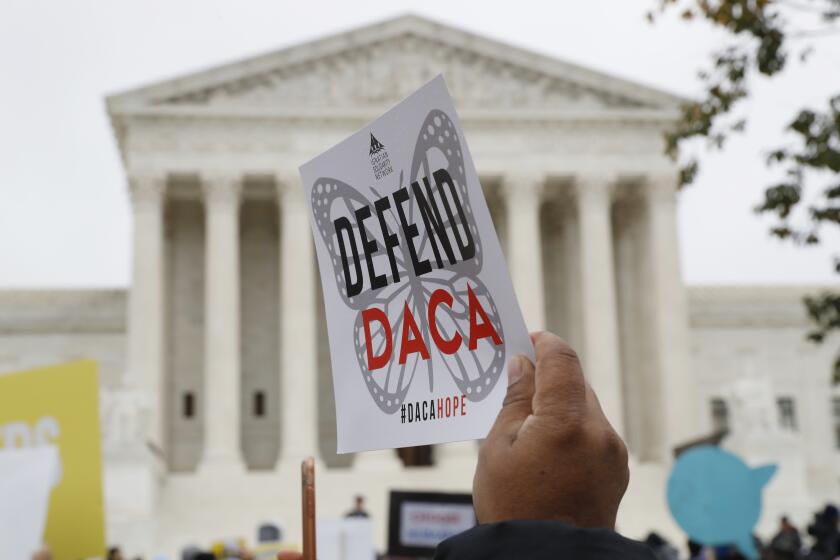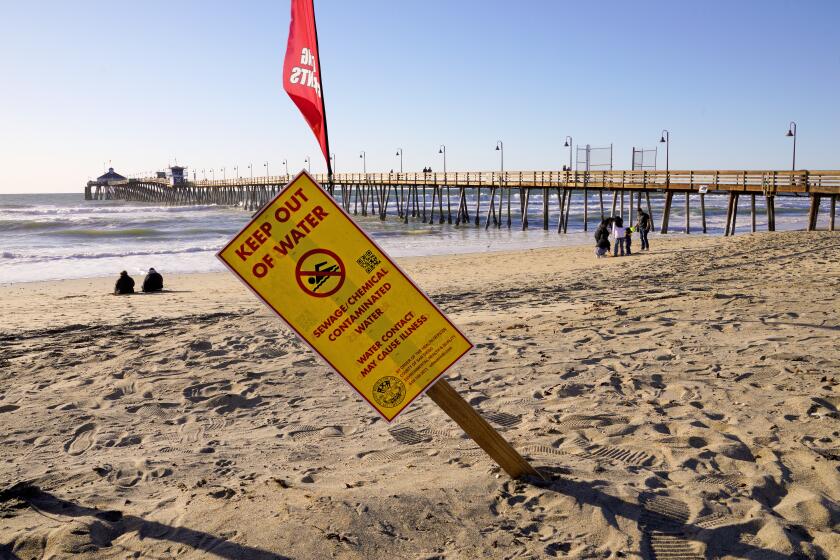Opinion: Stonewalling on messy details of ‘Fat Leonard’ Navy scandal feels like a blatant coverup
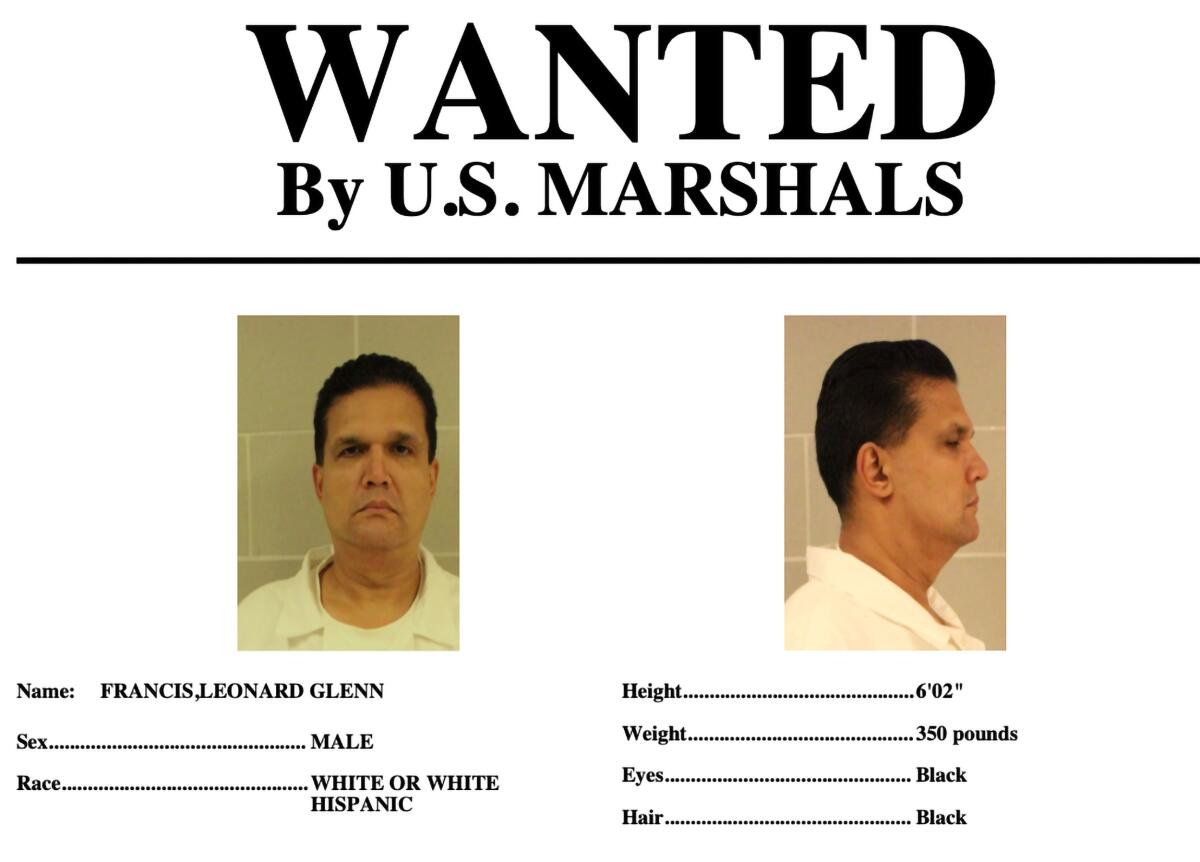
The U.S. government needs to explain why it was so easy for the convicted scam artist to escape from his house arrest at a lavish San Diego mansion
The editorial board operates independently from the U-T newsroom but holds itself to similar ethical standards. We base our editorials and endorsements on reporting, interviews and rigorous debate, and strive for accuracy, fairness and civility in our section. Disagree? Let us know.
When law enforcement agencies keep crucial information about high-profile cases from the public, they often say they must do so to as to not interfere with investigations. Sometimes this can be justified on grounds that providing key details could lead to the exposure of confidential informants. But sometimes it just seems like an excuse for bureaucratic torpor. And sometimes it appears the main reason is to keep embarrassing facts under wraps.
Which brings us to a local case that absolutely feels like the latter. Leonard Francis, the CEO of a company that provided services to U.S. Navy vessels in Asian ports, pleaded guilty in 2015 to bribery and fraud charges in an extraordinarily far-reaching scandal in which he gave Navy officials cash and gifts, including the services of prostitutes, in return for lucrative inside information on ship movements and Navy contracts. “Fat Leonard,” as he was widely known, then cooperated in a probe that led to convictions of four former Navy officers on conspiracy and bribery charges earlier this year.
But in September, he easily escaped from the lavish local mansion where he had been staying since 2017 — on his own dime — instead of jail as part of a medical furlough. He was caught 16 days later in Venezuela, which may balk at extraditing him. Since then, federal officials have refused to explain — either to Congress or the media — the lack of security at the mansion or the many courtesies they provided the organizer of a vast scam targeting U.S. taxpayers. They also won’t explain why they think blanket stonewalling is justified — starting with San Diego federal Judge Janis Sammartino, who oversaw Leonard’s inexplicably cushy detention and continues to play a key role in the case. A basic question: How does this serve justice in any way?
Get Essential San Diego, weekday mornings
Get top headlines from the Union-Tribune in your inbox weekday mornings, including top news, local, sports, business, entertainment and opinion.
You may occasionally receive promotional content from the San Diego Union-Tribune.

